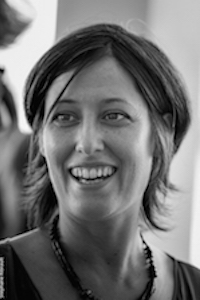Bio
Germana obtained a master degree with honors in Molecular Biology and a PhD in Genetics and Molecular Biology in Rome studying haemoglobin variants of West African populations. Her main interest was the genetic of resistance to malaria in humans and the evolution of advantageous polymorphisms in African populations. While working in Burkina Faso during her first year of post-doc, she focused on the impact these same haemoglobin variants had in the transmission capacity of Plasmodium falciparum from the human host to mosquitoes. In 2010 she moved to Mae Sot, at the Thai-Burma border, to work at the Shoklo Malaria Research Unit on the characterization of genotypes and phenotypes of G6PD deficiency in Karen and Burman populations. The project was part of a larger research program aimed at the deployment of primaquine for the radical cure of Plasmodium vivax and for interrupting transmission ofPlasmodium falciparum. Her main interest remains the study of red blood cells inherited disorders, including G6PD deficiency and haemoglobin variants, but more in relation to clinical outcomes such as the haemolytic risk during treatment of malaria, the causes of anemia during pregnancy and the onset of neonatal jaundice; her role in SMRU is to supervise the routine activities of the haematology laboratory in support to clinical work and to set up/perform experiments to characterize the hematologic profiles of patients, to validate new tools for the diagnosis of G6PD deficiency and to study the oxidative stress in blood.


